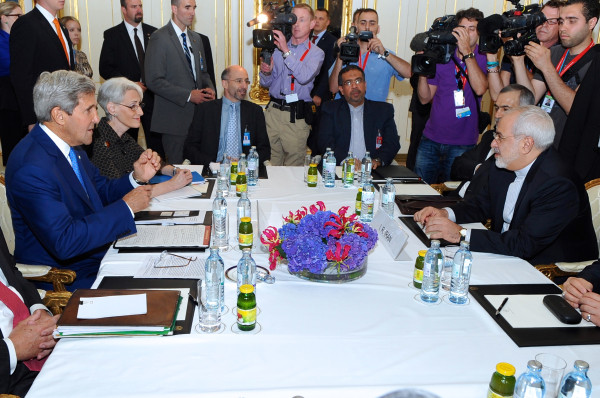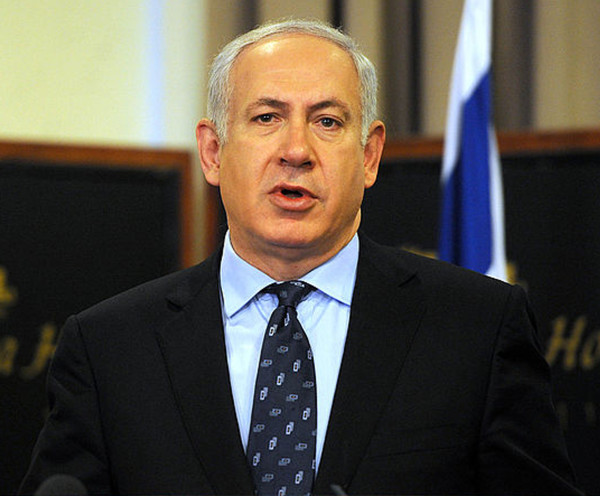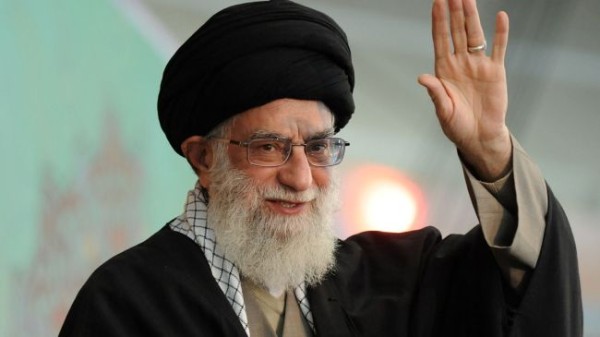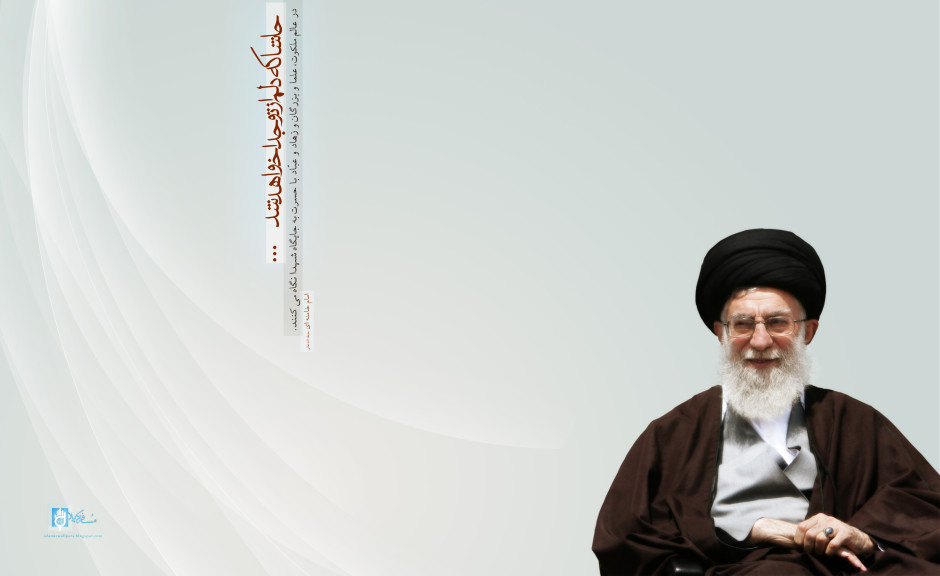The landmark nuclear agreement signed by the six major powers and Iran on July 14 in Vienna was forged on the anvil of compromise in incredibly complex negotiations extending over 20 months. Nonetheless, it’s replete with glaring uncertainties and nagging question marks.
Designed to contain rather than to dismantle the Iranian nuclear program, it’s aimed at drastically reducing Iran’s stockpile of enriched uranium and barring Iran from conducting research and development on advanced centrifuges.

“Iran will not produce or acquire highly enriched uranium or plutonium for at least 15 years,” U.S. Secretary of State John Kerry claimed by way of promoting the agreement.
The “breakout time” that Iran would need to build an atomic bomb has been upgraded from two months to one year. But as U.S. President Barack Obama has acknowledged, it will shrink “almost down to zero” in the 13th, 14th or 15th year of the accord.
Iran is not required to dismantle its nuclear infrastructure, and once the accord expires, the Iranians will be theoretically free to build a weaponized nuclear arsenal. Iranian President Hassan Rouhani claims this has never been Iran’s intention and runs contrary to the tenets of Islam.
In effect, the agreement simply delays Iran’s ability to become a full-fledged nuclear power, like Israel.
Obama, whose outreach to Iran began in 2009, claims the accord is built not on trust but on verification. Iranian enrichment sites and centrifuge production centers will be subjected to international surveillance, but Iran is not obliged to grant foreign inspectors unfettered and instantaneous access to suspicious sites.
The arms embargo on ballistic missiles and conventional weapons will be lifted after a maximum of eight years and five years respectively.
Crippling sanctions that have devastated Iran’s vital banking and oil sectors will be eliminated by the end of this year if Iran complies fully with the provisions of the agreement. This will provide Iran with a windfall of $100 billion to $150 billion.
As expected, Israeli Prime Minister Benjamin Netanyahu lambasted the accord, describing it as a “historic mistake” and declaring that Israel would not be bound by it. Israel will presumably fight it in the U.S. Congress.

Accusing the United States, Russia, China, Britain, France and Germany of having made “far reaching concessions” to sign an agreement “at any price,” Netanyahu said that sanctions relief will enable Iran to step up its aggression in the Middle East, particularly against Israel, and increase funding to proxies like Hezbollah and Hamas.
The Israeli government claims that the accord may well impair Israel’s national security. It doesn’t end Iran’s right to enrich uranium. It doesn’t adequately limit Iran’s research and development capabilities, especially with respect to advanced centrifuges. It doesn’t sufficiently ban Iran’s weaponization activities. It doesn’t ensure a tight enough monitoring and verification mechanism of “anytime and anywhere.” It doesn’t maintain sanctions, which brought Iran to the negotiating table in the first place.
But to its signers, the agreement may well prevent a nuclear arms race in the Middle East, restrain Iran from developing a fullblown nuclear arsenal and lessen the prospect of a war between Israel and its most formidable enemy, Iran.
Judging by the outcome of the negotiations, both sides had to rein in their maximalist demands.
The United States demanded a halt to Iranian uranium enrichment and the scrapping of its nuclear infrastructure altogether. Iran’s supreme leader, Ayatollah Ali Khamenei, sought an agreement lasting up to only seven years, demanded the right to produce much greater quantities of nuclear fuel and insisted that nuclear sites would be off-limits to inspectors.

Ultimately, the United States and Iran modified or dropped their toughest demands in the interests of achieving what some are calling an historic agreement that may well reshape the Middle East.
It’s certain to boost Iran’s prestige and image in the region, much to the chagrin of Sunni Arab states like Saudi Arabia, Egypt and Jordan. And it may even embolden Iranian leaders.
The accord will likely not diminish Iran’s ideological hostility toward Israel. The Iranian leadership remains committed to Israel’s destruction as a Jewish/Zionist state.
It’s doubtful whether the agreement, in the short run at least, will induce the United States and Iran to reestablish diplomatic relations. Washington severed ties with Iran after Iranian radicals seized the U.S. embassy in Tehran in 1979.
Washington and Tehran, though, have a common interest in degrading Islamic State, the Sunni jihadist organization that has made deep inroads in Iraq and Syria.
But who knows what will really happen? Only time will tell.
